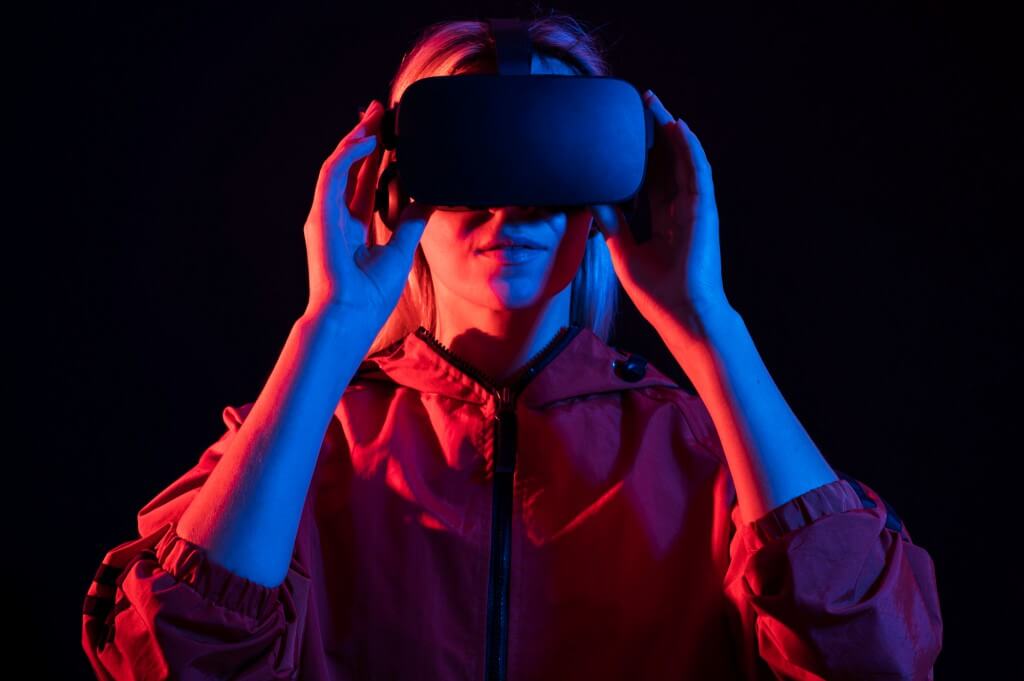Fashion in the United States has always been a melting pot — much like the country itself. From streetwear born in Brooklyn to bohemian looks rooted in the Southwest, American fashion constantly evolves through cultural exchange. In 2025, we’re seeing this global influence surge more than ever before, as traditional patterns, fabrics, and silhouettes from around the world find their way into U.S. wardrobes — not as novelties, but as daily staples.
This year, cultural-inspired fashion is not just a trend — it’s a movement. Consumers are no longer satisfied with fast fashion or cookie-cutter styles. They crave meaning, story, and roots. Whether it’s a handwoven scarf from India, a bold Ankara print from West Africa, or sleek tailoring influenced by East Asian aesthetics, today’s fashion-forward American shopper is choosing pieces that represent global heritage, sustainability, and personal identity.
Whether it’s a handwoven scarf from India, a bold Ankara print from West Africa, or sleek tailoring influenced by East Asian aesthetics, today’s fashion-forward American shopper is choosing pieces that represent global heritage, sustainability, and personal identity.
In this article, we’ll explore the top cultural-inspired fashion trends taking over the U.S. in 2025 — why they matter, how they’ve evolved, and how you can style them in your own wardrobe.


Keep Your Face to the Sunshine and You Cannot See a Shadow
I think the greatest of people in society carved niches that represented the unique expression of their combinations of talents, and if everyone had the luxury of expressing the unique combinations of talents in this world, our society would be transformed overnight.
Big ideas, big ambitious projects need to be embedded within culture at a level deeper than the political winds. It needs to be deeper than the economic fluctuations that could turn people against an expensive project because they’re on an unemployment line and can’t feed their families.
However difficult life may seem, there is always something you can do and succeed at.
Stephen Hawking
Half of my library are old books because I like seeing how people thought about their world at their time. So that I don’t get bigheaded about something we just discovered and I can be humble about where we might go next. Because you can see who got stuff right and most of the people who got stuff wrong.
If we find life out there, and it’s not us, we will deem it not intelligent. But what may be equally as likely is that we find life that’s vastly more intelligent than we are. If that’s the case, we are putty in their hands. With regard to robots, in the early days of robots people said, ‘Oh, let’s build a robot’ and what’s the first thought? You make a robot look like a human and do human things. That’s so 1950s. We are so past that.

The caricature of science is that we hold tight to the theories we have, and shun challenges to them. That’s just not true. In fact, we hold our highest rewards for those scientists who can prove others wrong. And by the way, they are famous in their own lifetimes. We don’t wait until they’re dead.
People May Hear Your Words, but They Feel Your Attitude
Every account of a higher power that I’ve seen described, of all religions that I’ve seen, include many statements with regard to the benevolence of that power. When I look at the universe and all the ways the universe wants to kill us, I find it hard to reconcile that with statements of beneficence.
I have a personal philosophy in life: If somebody else can do something that I’m doing, they should do it. And what I want to do is find things that would represent a unique contribution to the world – the contribution that only I, and my portfolio of talents, can make happen. Those are my priorities in life.
We didn’t build the interstate system to connect New York to Los Angeles because the West Coast was a priority. No, we webbed the highways so people can go to multiple places and invent ways of doing things not thought of by the persons building the roads.
When you innovate, you create new industries that then boost your economy. And when you create new industries and that becomes part of your culture, your jobs can’t go overseas because no one else has figured out how to do it yet.
The history of exploration across nations and across time is not one where nations said, ‘Let’s explore because it’s fun.’ It was, ‘Let’s explore so that we can claim lands for our country, so that we can open up new trade routes; let’s explore so we can become more powerful.’




